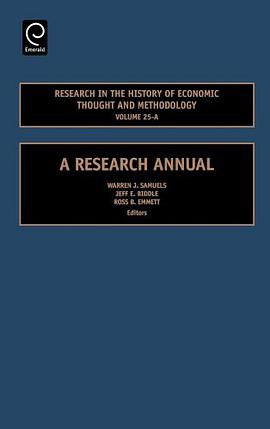

International taxation is evolving in response to globalization, capital mobility, and the increased trade in services, and introduces international tax practitioner, student and researcher to the theory, practice, and international examples of the changing landscape.
Models of tax competition in a flat and connected world are very different than those necessary to ensure compliance in a world dominated by cross-border flows of goods and repatriation of profits. Taxes on consumption, e-commerce, and services are looming innovations in future of international taxation. Tax coordination and standardization are immense challenges in a world in which the movement of value is increasingly subtle and hard to detect. And as corporations and individuals become more sophisticated in the internationalization of flows of capital, our models must become more sophisticated in their scope and inclusion.
In the era when trade was dominated by the exchange of manufactured goods, international taxation was designed to protect domestic industries, create tax revenue, prevent evasion, and promote compliance. The traditional toolbox of customs duties, tariffs, and taxes on repatriated profits must be augmented as the movement of goods across borders represents a much smaller fraction of trade and as international taxation policy is increasingly used to attract foreign corporations rather than discourage branch offices. International taxation models that can better tax services, track international flows of capital, and allow a nation to compete in a world market for capital formation are the tools of the modern tax practitioner.
International tax policy is now viewed as an integral part of economic policy. This approach is bound to accelerate as the world becomes increasingly flat and better connected. Economic progress is more and more influenced by the movement of services and information, movements that are no longer through ports but through fiber optic lines.
This book contributes to the growing literature on international taxation by bringing together theory and experience, current practices and innovation, and our current understanding of some of the challenges now facing and arguably frustrating current international taxation policy. The book will create new avenues of research for scholars, a new awareness for students of International Taxation, and new possibilities for international tax practitioners. The models and examples presented here suggest that there are serious problems with measurability of flows of services and information, and points to an increasingly need for greater harmonization of international taxation, perhaps through coordinated consumption-tax oriented approaches.
* Describe the rapidly evolving role of International Taxation in a globalizing information economy
* Present theoretical models that act as the basis for successful international tax competition
* Describe the experiences and innovations of representative internationalized countries
* Discuss some new approaches to International Taxation
* Makes the case for new models of international taxation in an increasingly global information world
具體描述
讀後感
用戶評價
相關圖書
本站所有內容均為互聯網搜索引擎提供的公開搜索信息,本站不存儲任何數據與內容,任何內容與數據均與本站無關,如有需要請聯繫相關搜索引擎包括但不限於百度,google,bing,sogou 等
© 2025 onlinetoolsland.com All Rights Reserved. 本本书屋 版权所有




















